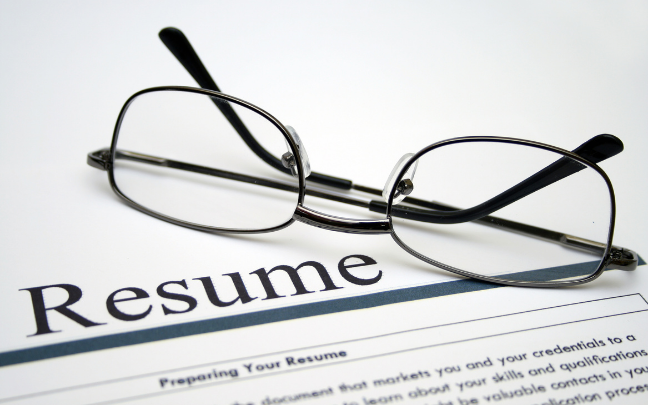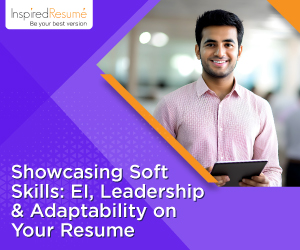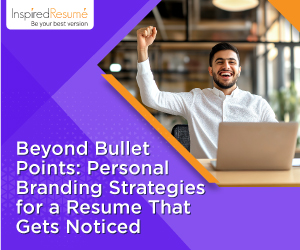So you’ve completed your education and now it is time to enter the real world. You apply for your first job, fill out the details and reach the section of uploading your resume. Now what?
Obviously, you panic if you don’t have one. Our education system fails us to teach the practical skills required after school or college. Most courses fail to teach how to apply for a job or how to build your first resume. Literally, every person has struggled with creating their first resume. Which is extremely important. But don’t worry. With a few tips on what information to include (and what not), you’ll be well on your way to write the perfect resume.
What is a resume?
A resume is a document that comprises your education, experience, and skills that will help you score the job you’re applying for. Your resume is like your personal story, a staple in the job search tool kit, and a primary start for your job application. It is like a lifelong document that continues to add information as your career moves ahead.
So, now you know how important it is to write a perfect resume. Your first resume will get you a job, according to the skills set you’ve mentioned. When it’s rightly done, your resume clearly and concisely tells a future employer what you can bring to a new role and a company.
What goes on a resume?
Since you’re fresher, with no prior experience, your resume should be framed based on education, skills, and background. Grouping the information on your resume clearly into proper sections can help the reader find the information they need to assess your potential as a candidate.
Basic sections that are a must on a resume for your first job:
Career Objective:
Start off with a few sentences that describe you as an ideal candidate. This usually includes the highlights of your organizational skills and drive, your passion for the industry you’re applying to, and some personality traits. Make sure to use strong adjectives and descriptors to best paint a picture for the reader.
Education:
When you’re just starting out, education can play a really important role. Include all the details of your high school, college degrees, certifications, and specialized courses. Add school programs you attended, the area of study and/or degree you got or will get, and the year you completed or expect to graduate.
If your education is related to the job you are applying for, it can give extra benefits if you add a major project you did. For example, if you’re applying to an engineering job, you might want to add similar projects and skills you learned in an internship.
Do not forget to add your individual accomplishments during the period of your study. An academic award, or an extra-curricular achievement like representing the college in sports or debate competitions - anything that helps you stand out amongst your peers.
Experience:
You might be worried about the experience section if you have not done a “real job” before. But jobs aren’t the only thing that can be counted as experience. The goal behind a resume is to showcase your experiences in life with different skill sets, perspectives, and the value you can bring to a new role.
On your first resume, you should definitely add all the volunteering work, school programs, teams & clubs, gigs, part-time work, or personal pursuits that relate to the types of role you’re applying for.
Let’s take an example, if you’ve designed a friend’s event invitations with Canva, and you’re applying for a job where graphic design work can be a bonus, this experience can be a big addition to your resume. Skills like time management, problem-solving, communication, and teamwork are great additions too.
Skills
An entire resume is used to show off your skills. Still, you can add a separate list or bullet form and include hard skills, technical skills, and language skills. This is useful for the reader as they can scan the resume in just one gaze. So don’t be afraid to talk about the skills in your experience, education, or resume objective section.
Even if a skill feels basic, it can be worth mentioning, especially if it’s in the job description. To be honest, one of the biggest challenges people face is to frame their resumes. They don’t know what to add or what to cut. There are 10 things to keep in mind while framing your resume.
Review your resume
So what does it come down to in the end? You did everything to write a perfect resume and are ready to submit it. But are you sure about it?
Here comes the part where you need professional help to get an insightful review of your resume. Submit your resume to InspiredResume, and let experts help you understand what you missed out on in a resume for your first job. Do not waste time, and update your resume before it's too late.





